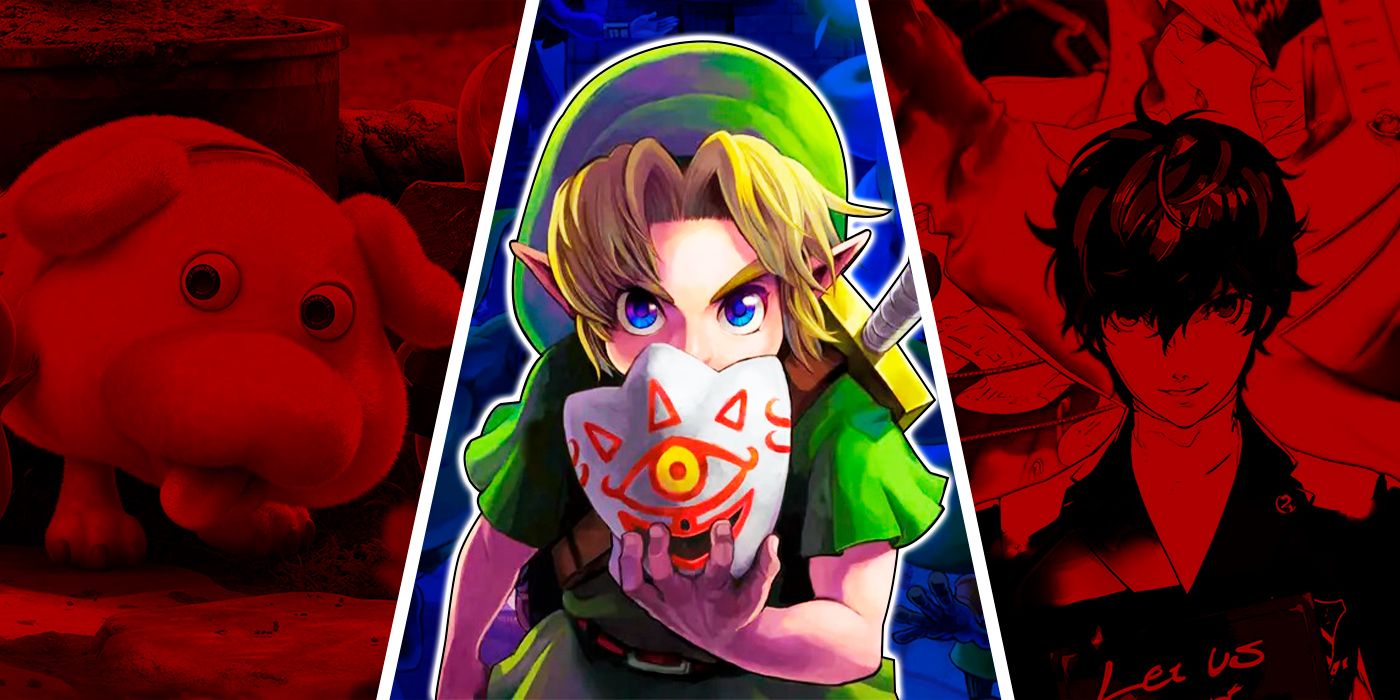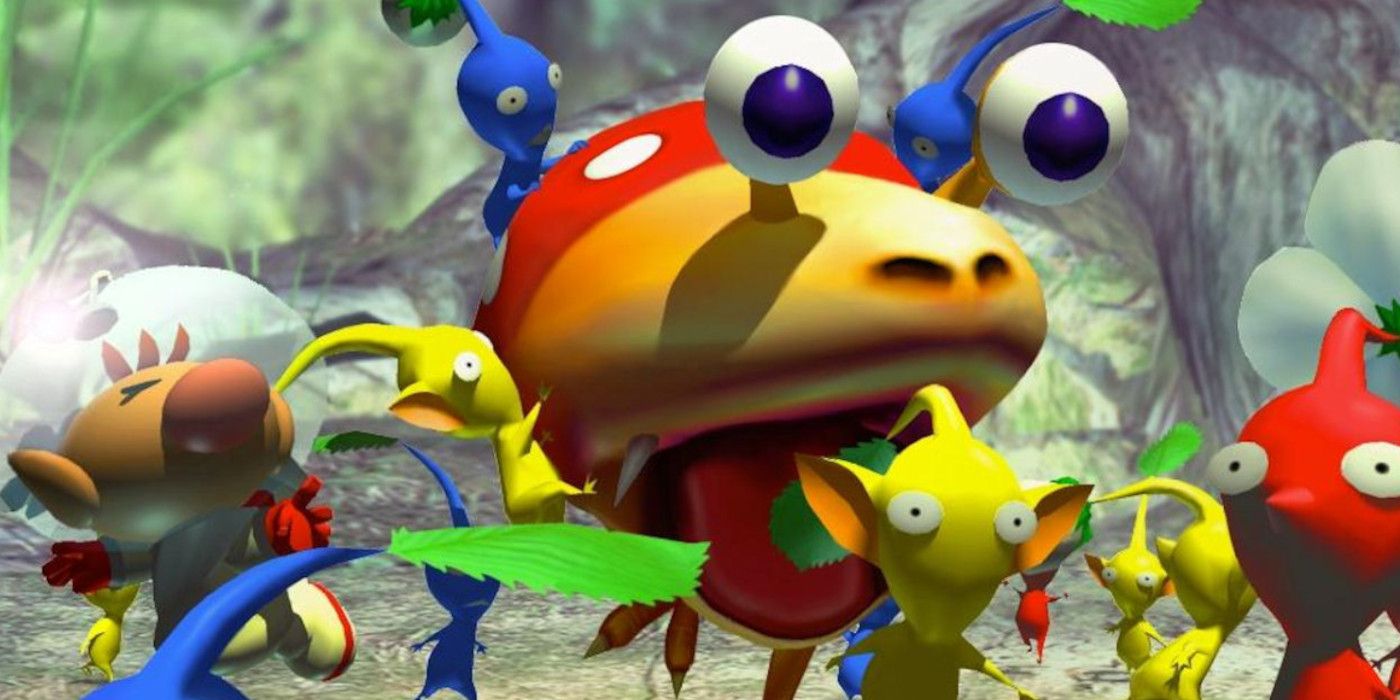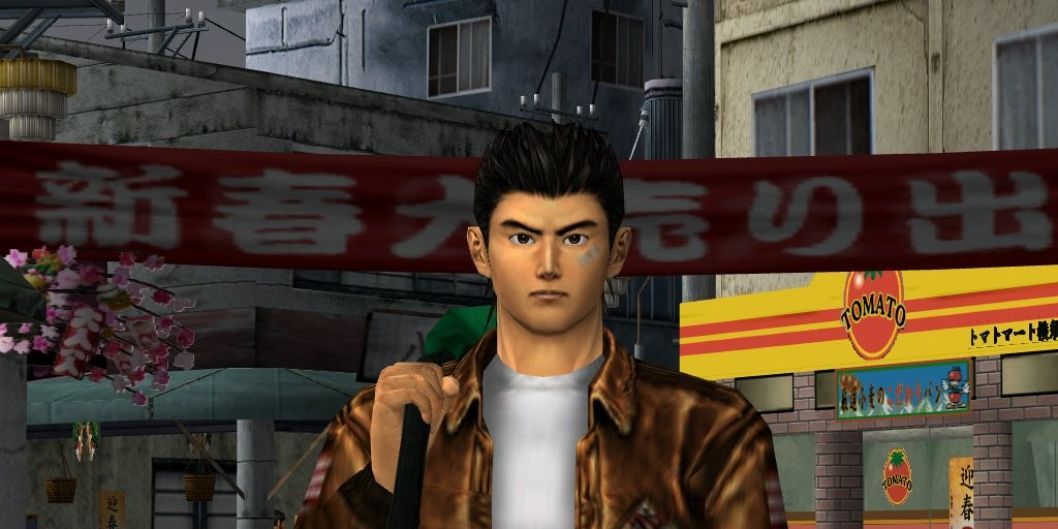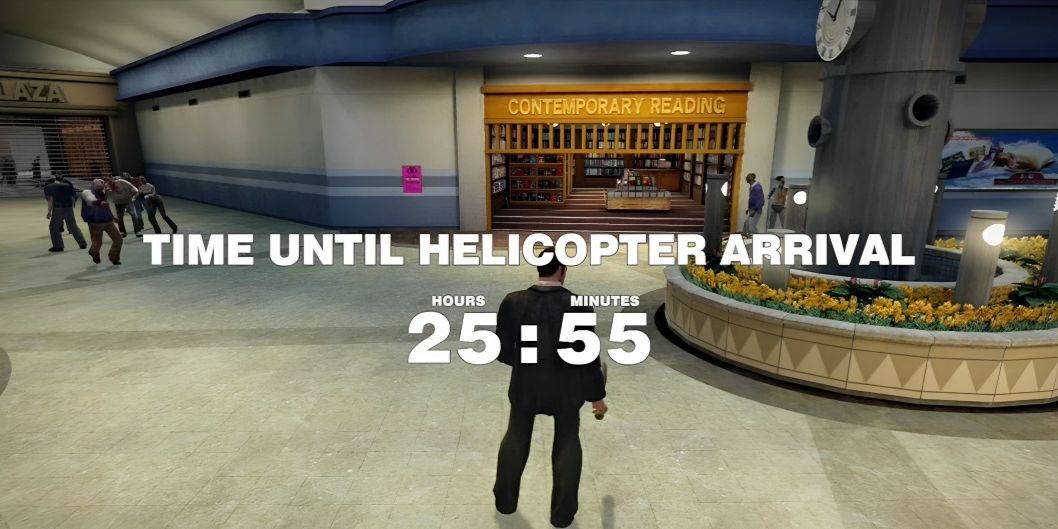Summary
- Time limits in video games can add challenge, immersion, and replay value to the overall experience.
- Time limits can enhance atmosphere and tension in a game, making the player feel emotionally connected to the story and characters.
- Time limits in life simulation games add realism and immersion, allowing players to experience the constraints and balancing act of managing time in their virtual lives.
Of all the common mechanics seen in video games, time limits are perhaps the most divisive. Many people play video games to enjoy the freedom they often do not have in real life and prefer not to be bound by time constraints. However, while understandable that players do not want to feel rushed or limited, those same constraints can also add challenge and immersion to a game.
Many great games include time limits that truly add to the overall experience. Time limits in video games can immerse players in a second life, as seen in Shenmue and Persona, increase challenge and replay value, as seen in Pikmin and Dead Rising, and help add atmosphere and tension to experiences such as Majora's Mask. Whether enhancing the story, the atmosphere or the challenge, time limits can actually be incredibly fun and rewarding.
Time Limits Enhance Atmosphere and Tension in Video Games
Time limits are usually used in video games to keep players moving for fear of simply running out of time, but some games threaten the player with disaster if they don’t meet deadlines. Time limits with consequences can add an extra layer of suspense to the story of a game. For example, in Pikmin, Captain Olimar and the titular creatures need to gather all the missing ship pieces in 30 days, or Olimar’s life support systems will fail. The time limits in Pikmin increase the tension and emotional connection that players have toward the experience, as well as help endear players to Captain Olimar. Without the time limits, Pikmin would be relaxing, but it would not convey Olimar’s struggle as strongly. Being on a time limit puts the player into Olimar’s shoes, scrambling to manage time and survive.
The Legend of Zelda: Majora’s Mask also features a threatening time limit. The infamous creepy moon hovers over the player throughout the game and will fall, destroying everything, if tasks are not completed within the three-day loop. The looming threat of the apocalypse gives the game a particularly eerie and anxious feeling, with the moon serving as a physical reminder that time is running out. Majora’s Mask is often considered the most surreal and dark game in the Zelda series, and its time limit plays a large part in providing that atmosphere.
Time Limits Provide Realism to Life Simulation Games
Time limits can also slow things down and add realism to a game. Life simulations, or games with similar mechanics, become even more immersive when players are held to realistic constraints. In Shenmue, for instance, every character and location operates on a schedule no different from the real world. Places such as bars only open in the evening, and formal places of business only operate Monday through Friday. Players have to find ways to pass the time between tasks, such as practicing fighting moves or playing darts at the arcade. They also need to make sure to get Ryo home on time each evening. Critics of Shenmue contend that the game is boring because of these overly realistic limitations, but to fans of the series, that realism is exactly what makes Shenmue such a unique and immersive game rich in atmosphere.
Meanwhile, Persona 5's mix of slice-of-life and fantasy elements is greatly enhanced by the game's calendar system. Players can choose how to spend each day but have a limited number of them to complete dungeons. The quicker the player completes these dungeons, the more days they have for socializing. Overall, the time limits exist more to enhance the life simulation elements of the title than anything else. Balancing time between work and play is something that students often have to manage, and this concept is brilliantly incorporated into a game mechanic in Persona 5.
Time Limits Can Add Game Replay Value
Time limits can also notably add replay value to games. Some titles limit the length of their stories but offer reasons for gamers to try another playthrough, and certain games give players different options to spend their in-game time or encourage them to challenge themselves to try again and improve on their last session. The original Pikmin garnered minor criticism for being too short, but that quick play time has added to the game's longevity. The title has become very popular for speedruns, and experienced players have been able to complete the game in under an hour (six in-game days). The time limits make Pikmin a fun game to replay multiple times over, whether to beat a personal record or even a world record.
In Dead Rising, the player has 72 in-game hours to complete the main story and rescue survivors. Every mission has a beginning and end time, so it's likely that first-time players will miss out on many side missions. While the constant time crunch is considered frustrating by many, it does encourage repeat playthroughs. There are numerous endings to Dead Rising and various playthrough types to choose from. Players can choose to focus only on main story missions, rescuing survivors, achievement-hunting, completing all story and side missions, or simply on messing around and causing chaos in the mall for three in-game days. The time constraints, while limiting in some ways, give the player reasons to keep coming back.
Pikmin, Shenmue, Persona 5, Majora’s Mask and Dead Rising are all great examples of games that are enhanced by a time-limit mechanic. Pikmin and Majora's Mask gain a lot of tension and atmosphere due to their time limits, while Pikmin, along with Dead Rising, also gain a lot of replay value. The life simulation elements of Shenmue and Persona 5 become more immersive due to realistic time and calendar systems.
Looking at the previously mentioned games, it is clear that time limits have played a major part in making these titles beloved classics. Freedom and chaos in video games can be a lot of fun, but structure and time limits can provide a different kind of enjoyment. While they may forever remain divisive, time limits offer an important and fun game mechanic.




